When you think of a Japanese ghost from haunted houses or scary stories, do you picture a pale figure with a white triangle headband on its forehead? That little piece of cloth isn’t just a spooky accessory—it actually has a name and a deep cultural meaning.
It’s called a “Tenkan” (天冠). In some regions, it’s also referred to as “Zukin” (頭巾).
But why has this triangle headband become so closely associated with ghosts in Japan? And what was it originally used for?
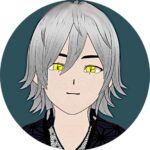
In this article, we’ll dive into the fascinating origins of the Tenkan, its cultural and religious significance, and why it’s no longer commonly used in modern-day funerals—yet still remains a defining symbol of Japanese ghosts.
What Is the Triangle Headband Seen on Ghosts in Japan?
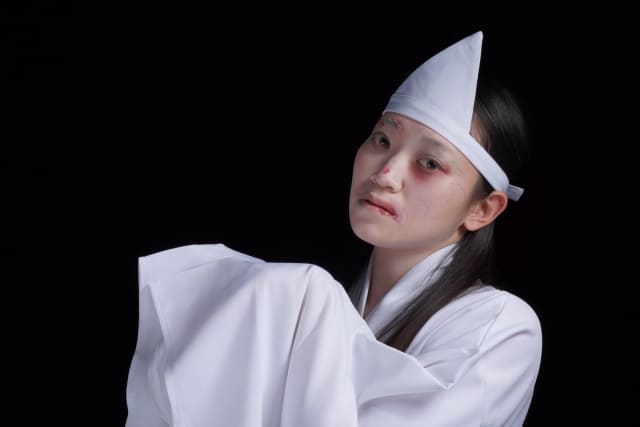

A white kimono and a triangle headband—now that’s the classic image of a Japanese ghost. Even the ghosts you see in haunted houses often look just like this.
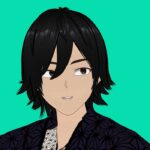
So today, let’s take a closer look at that triangular cloth you always see on the foreheads of Japanese ghosts!
The Triangle Headband “Tenkan” Explained
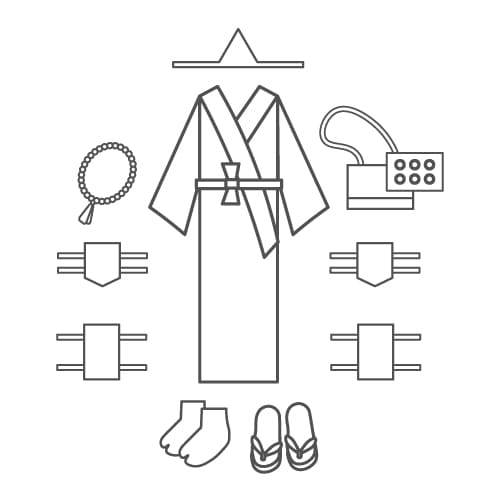
The white triangular headband you see on Japanese ghosts is formally called a “Tenkan”. It’s not just a decoration—it is part of a traditional burial outfit known as shinishōzoku (死装束), which was historically used to prepare the deceased for their journey to the afterlife.
In other words, the Tenkan was originally a piece of funeral attire worn by the dead, not something that living people would wear for any other reason.
Also Known as “Zukin” in Some Regions
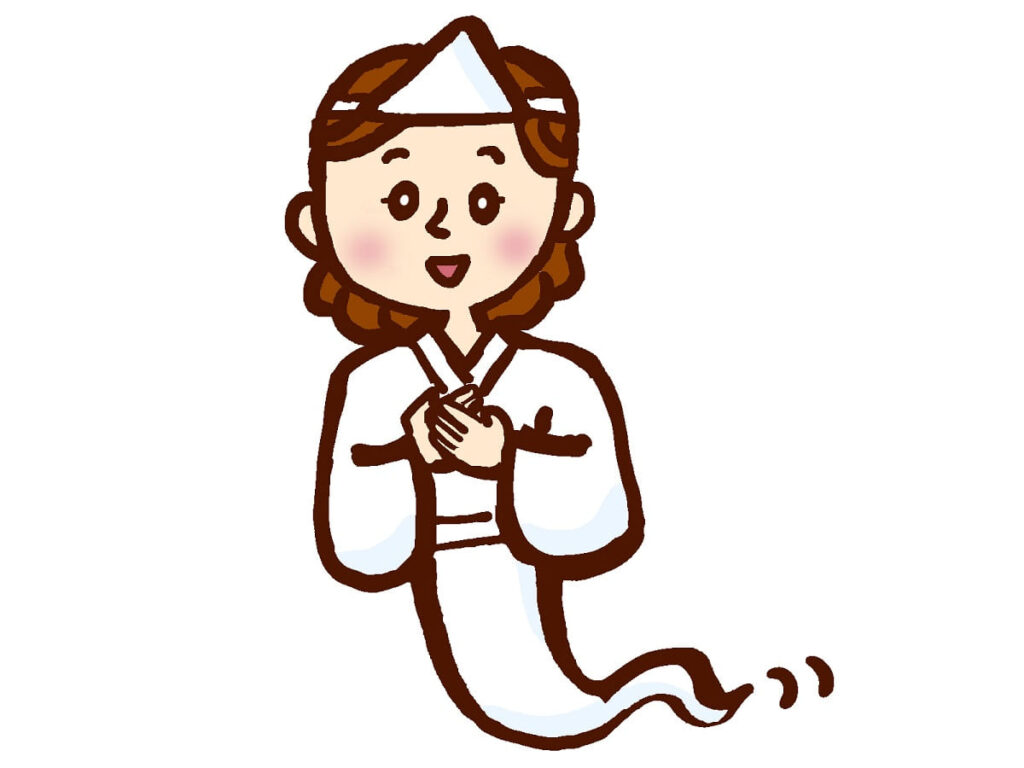
In certain parts of Japan, the Tenkan is also called “Zukin”, but the purpose is the same. Both terms refer to the same funeral item worn by the deceased as part of their “travel outfit” for the afterlife.
This is why ghosts are often depicted wearing it—because it’s tied to death rituals and has become symbolic of the spirit world.
A Cultural Import from China
Interestingly, the Tenkan didn’t originate in Japan. It was introduced through Buddhism from China. In Buddhist tradition, the deceased are dressed like monks, symbolizing their spiritual journey and transformation into beings worthy of enlightenment.
Japan adopted this practice, and the Tenkan became a key part of the attire used to prepare the dead for their journey to the other world.
The Meaning Behind the Tenkan
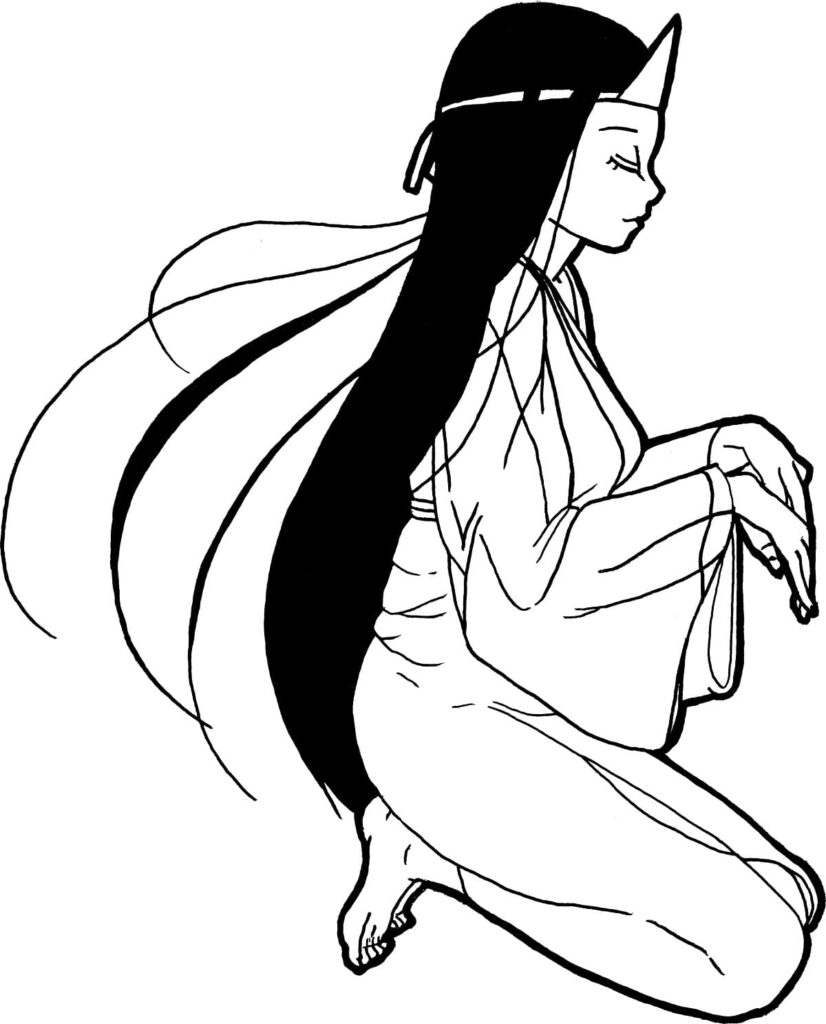
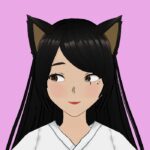
There are actually several theories about why the Tenkan is worn.
Proper Attire for Meeting King Enma
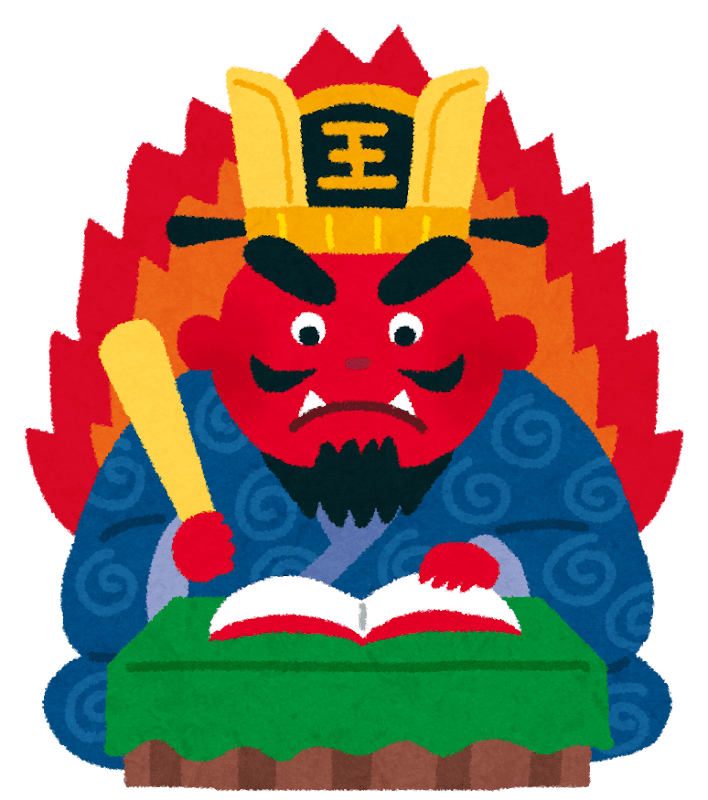
One of the main symbolic purposes of the Tenkan is that it serves as formal attire for meeting King Enma (閻魔大王), the ruler of the afterlife in Japanese Buddhist belief. It represents respect and readiness for judgment in the afterlife.
A Crown to Elevate One’s Status
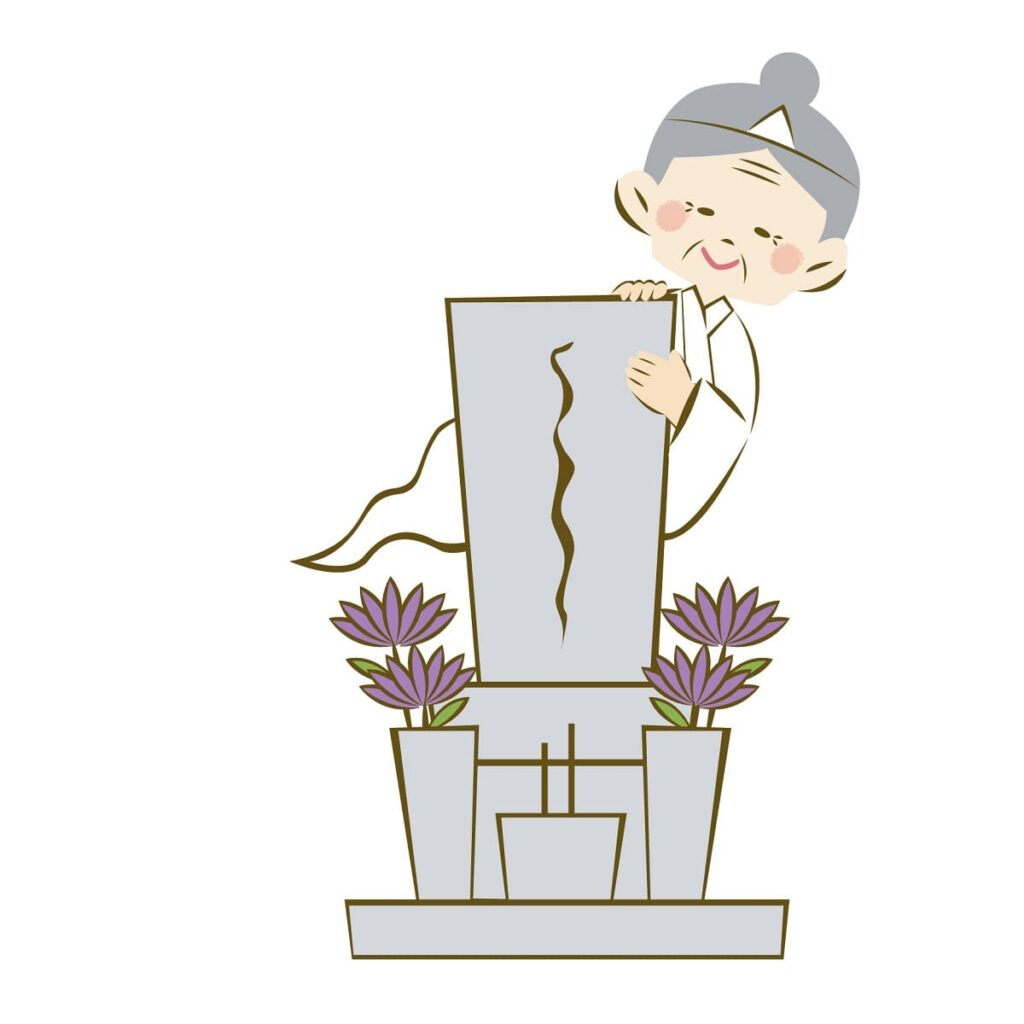
The Tenkan also acts as a ceremonial crown that symbolically elevates the social or spiritual rank of the deceased. In the past, crowns were associated with status and honor, so placing one on the deceased was thought to help them in the next life.
A Symbol of Becoming a Disciple of Buddha
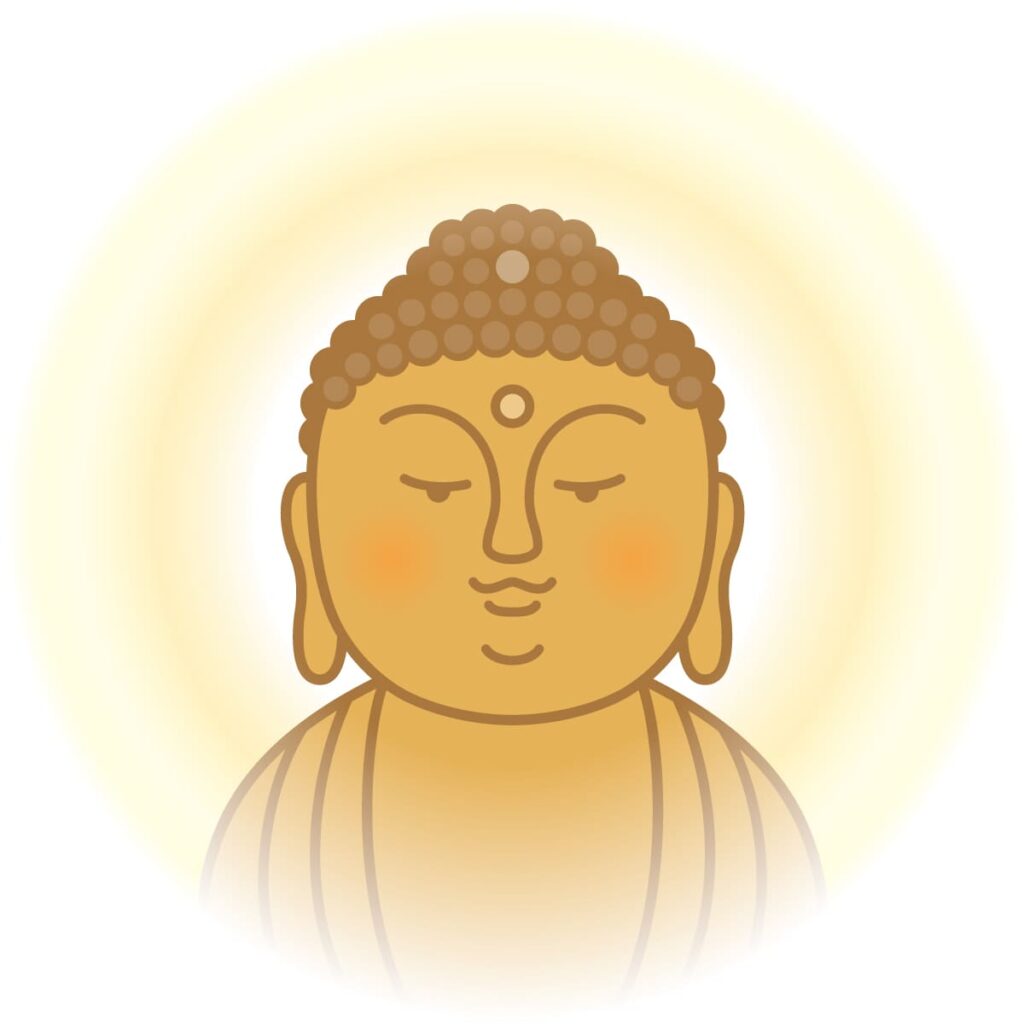
Another interpretation is that the Tenkan signifies that the deceased has become a disciple of Buddha. In this sense, it’s not just a funeral accessory—it represents the start of a spiritual journey toward enlightenment.
The Tenkan in Modern Times

We now know that the Tenkan is part of the traditional burial outfit, but is it still used in modern funerals?
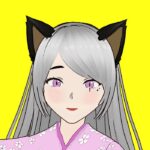
Don’t worry—we’re about to explain that in detail!
Why It’s Rarely Used in Funerals Today
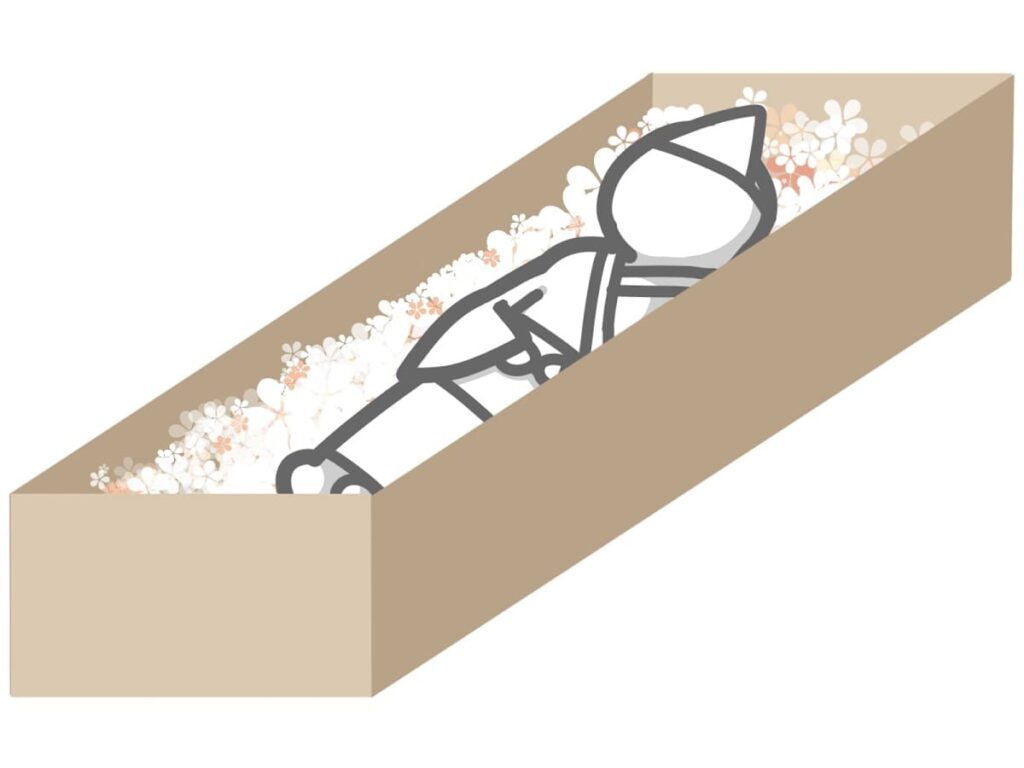
Although the Tenkan used to be a standard part of funeral customs, it’s rarely used today.
One reason is that it changes the appearance of the deceased’s face, which can be unsettling for grieving family members. Another reason is that children often find the Tenkan frightening, associating it with ghosts rather than with its original ceremonial purpose.
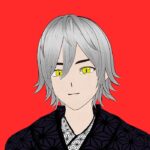
If the Tenkan isn’t placed on the forehead, it’s sometimes attached to a woven hat or carried inside a small monk’s travel bag called a zudabukuro.
How It Became Linked to Ghosts
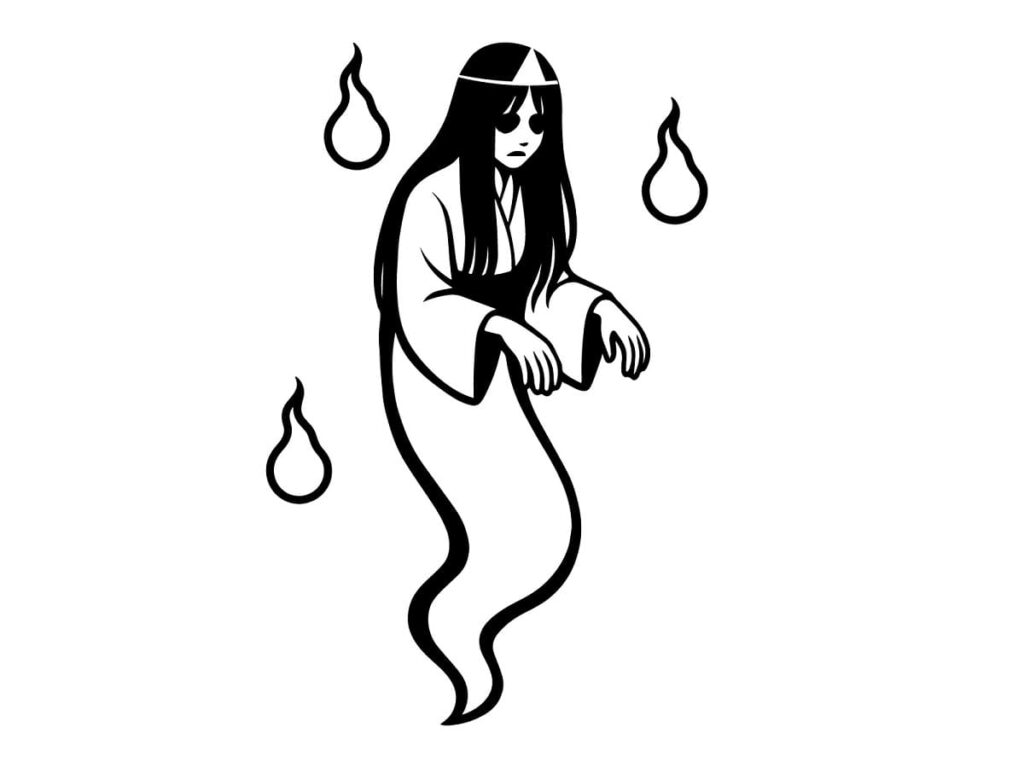
As the Tenkan gradually disappeared from funerals, its image remained alive in cultural memory. Because it was once so closely tied to death, it became ingrained in popular ghost imagery.
That’s why in haunted houses, horror movies, and ghost stories, you’ll often see ghosts wearing the iconic triangular headband—it’s a leftover symbol of traditional funeral attire.
Differences by Religious Sect (e.g., Jōdo Shinshū)
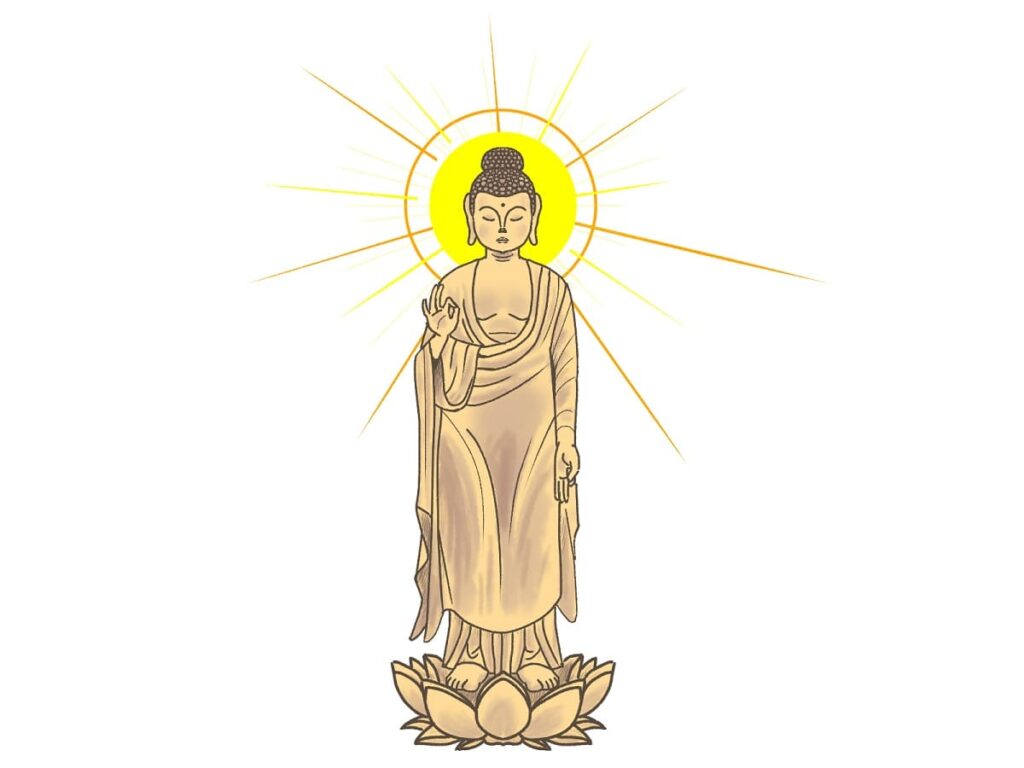
It’s also worth noting that some Buddhist sects, such as Jōdo Shinshū, do not use the Tenkan at all. This is because they believe that upon death, a person immediately attains enlightenment, making “funeral travel attire” unnecessary.
Q&A about Triangle Headband “Tenkan”
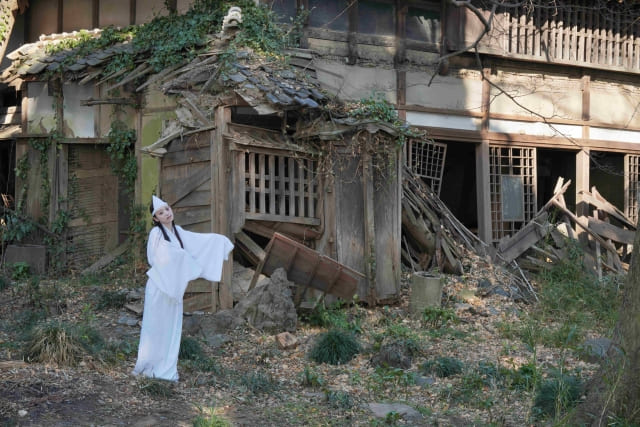
- QWhy do Japanese ghosts wear a triangle headband?
- A
Because the Tenkan was originally a part of funeral attire, it became strongly associated with death and eventually ghost imagery in Japanese culture.
- QIs the Tenkan still used in modern funerals?
- A
Rarely. Many families no longer use it because it alters the deceased’s facial appearance and can frighten children.
- QDo all Buddhist sects use the Tenkan?
- A
No. Some sects, such as Jōdo Shinshū, do not use it at all because they consider post-death travel attire unnecessary.

By the way, ghost costumes can be found on online stores too. If you ever want to fully transform into a Japanese ghost, give them a try!
Final Thoughts about Japanese Ghost headband “Tenkan”
The triangle headband seen on Japanese ghosts, known as the Tenkan, has deep historical and cultural roots. It was once part of a funeral outfit, meant to prepare the deceased for their journey to the afterlife, to show respect to King Enma, and to signify spiritual elevation.
While it has largely disappeared from modern funeral practices, the image of the Tenkan remains vivid in Japanese ghost folklore, haunted houses, and horror films.
So next time you see a ghost with a triangle headband, you’ll know—it’s not just for scares. It’s a glimpse into a centuries-old funeral tradition in Japan.
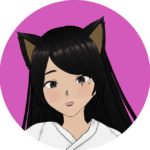
If you like gaming, and you are also interested in Japan, you may love these Japanese themed games!
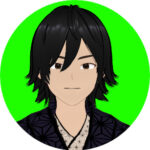
Yes! Let’s play!

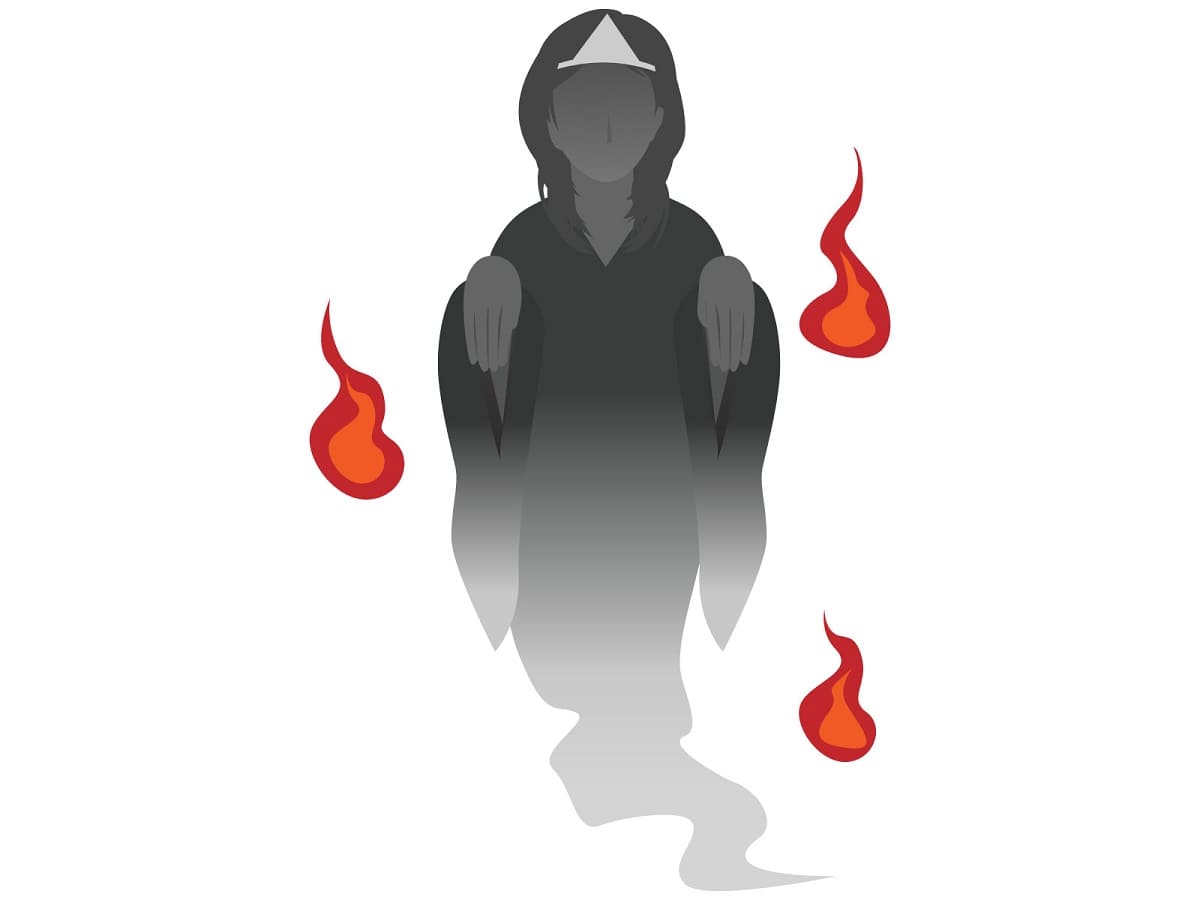
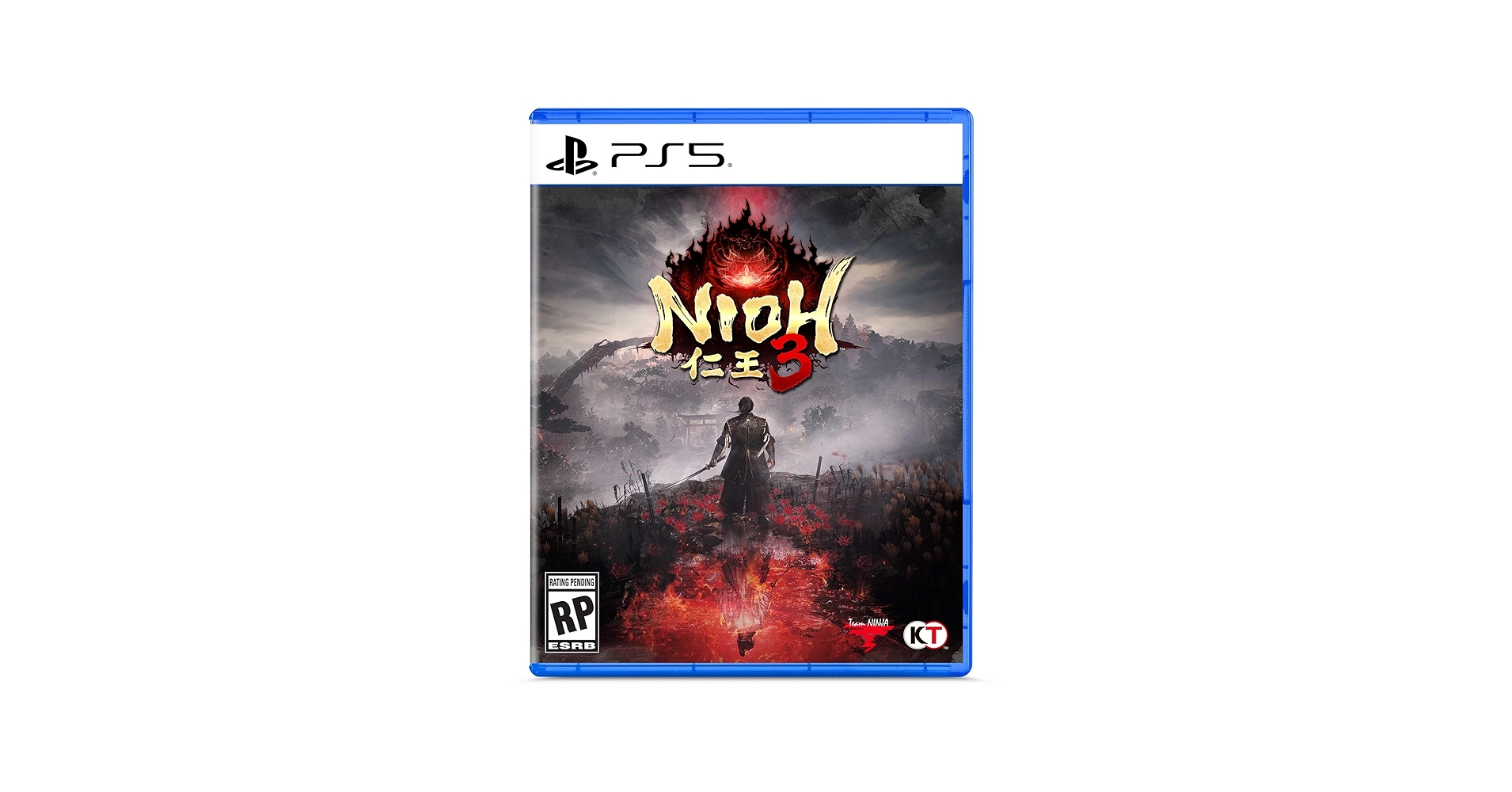
![[商品価格に関しましては、リンクが作成された時点と現時点で情報が変更されている場合がございます。] [商品価格に関しましては、リンクが作成された時点と現時点で情報が変更されている場合がございます。]](https://hbb.afl.rakuten.co.jp/hgb/4aedeaeb.9c34c1ae.4aedeaec.bb17006d/?me_id=1425405&item_id=10001199&pc=https%3A%2F%2Fthumbnail.image.rakuten.co.jp%2F%400_mall%2Fclearstone%2Fcabinet%2Ft%2Fz2492_t.jpg%3F_ex%3D240x240&s=240x240&t=picttext)




Comments